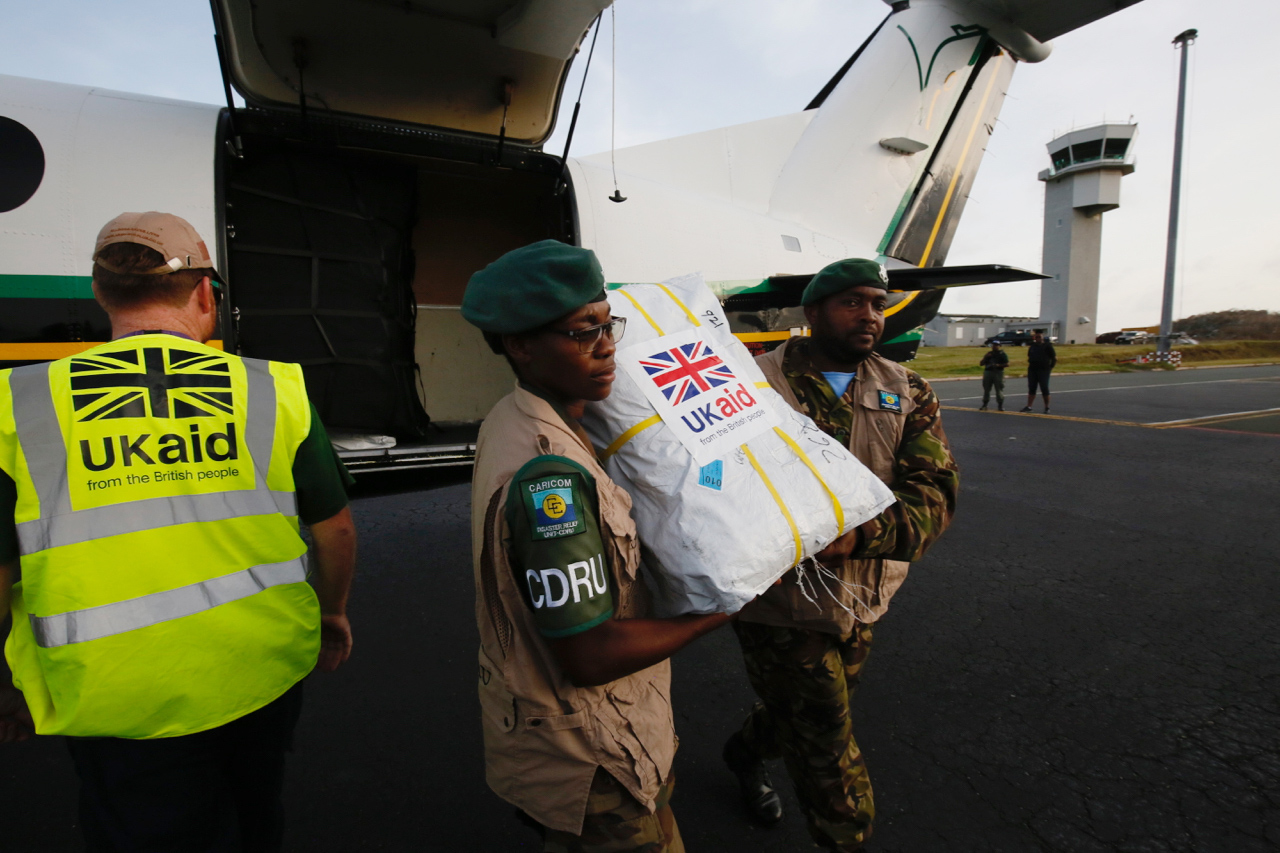The UK Parliament published its review of UK Official Development Assistance (ODA) earlier this week. The report is clear that some departments have spent aid badly and recommends the Secretary of State for International Development should “have ultimate responsibility for ODA spent across Government.”
The Government is required to respond before the 4th August. But what should it say?
As one member of parliament on the committee pointed out during the evidence sessions, government departments are not being held to the same standards of performance as the Department for International Development’s (DFID) contractors and partners, who would have had their budgets yanked on this kind of evidence. I propose that, in the spending review next year, the Development Secretary and HM Treasury should lead a new process for allocating ODA across Government.
Reviewing how aid is defined and administered
The UK Development Select Committee (a representative group of UK parliamentarians) has just completed its review of the Definition and Administration of ODA. It makes a number of important and sensible recommendations—including that the Government “should continue to use the internationally-recognised ODA definition even if it fails to secure the changes it is seeking to the current rules.”
The review confirmed shortcomings in ODA spend beyond DFID. It highlighted National Audit Office (NAO) findings that, in the last spending review, HM Treasury received 61 bids for £18 billion of development funding, and allocated £9 billion (these figures relate to a five year period). It also confirms that this process did not assess departments’ “capacity or capability,” “plans for monitoring and evaluation,” nor “how the bid contributed to the objectives of the UK Aid Strategy.” The weaknesses in this approach make the subsequent Independent Commission on Aid Impact’s criticism of certain areas of spending much less surprising.
Perhaps the most significant recommendation of the report in response to concerns about the value of aid in some programmes beyond DFID, is that:
“The Secretary of State for International Development should have ultimate responsibility for oversight of the UK’s ODA and the Department should have final sign off of all ODA.”
The International Development Secretary, Penny Mordaunt, is already responsible for ensuring ODA is evaluated, and that UK government correctly reports its spending, but this recommendation would extend that role in a potentially far-reaching way.
Should UK aid go to partners while they learn to get their act together?
The Select Committee echoed the NAO’s findings from July 2017 that departments still need to build their capability. But no other partner nor contractor would get away with this, and at the very least this would mean a performance improvement plan being agreed before any additional funding went out the door.
In her first six months, Mordaunt already made clear her commitment to high standards for those delivering UK aid. She responded swiftly to allegations of sexual abuse with demands on aid partners and secured reforms at the World Bank. This reflects the long-standing UK focus on improving performance in the UN and others in its bilateral and multilateral aid reviews. In her evidence to the committee, Mordaunt recognised with surprising and commendable frankness that other departments’ records are not good, nor where they need to be (Q232). This is an outcome of the last round of ODA allocation—whilst the Government takes a strong approach to performance in partners and contractors, it is not expecting the same standards of value or performance from its own departments. Not only is this undermining the effectiveness and value for money of aid, it is also damaging the UK’s reputation.
How should the Government respond?
The Government has already taken one important step with the publication of its first Value for Money guidance on ODA which helpfully sets out ODA principles for governance and approvals, programme design and delivery, contracting and procurement, monitoring and evaluation, and financial management and reporting. These are a sound starting point for assessing Government departments.
One area where the guidance could be extended is on how to “appraise” ODA (that is, estimate the impacts before spending takes place). The recently-updated Green Book sets out how this should happen for Government spending but has almost no advice on assessing ODA despite the unique challenges presented by appraising aid programmes. Contrast this with environment, crime, health, and transport spending which each have supplementary guidance.
A spending review for value in development assistance
The Government is planning a spending review in 2019 to allocate budgets across Government for the remainder of this Parliament, scheduled to run till 2022. This is where the major decisions on spending, including on aid, will take place.
At this spending review, HM Treasury should again consider bids from other Government departments to spend ODA. However, to ensure aid is well-spent, it will need to signal and implement three changes:
First, it should ensure that those bids are fully supported by evidence, including on value for money and the department's record in delivery, in the same way it would other aid partners. Ideally, those bids should be public and open to scrutiny by the British public and the citizens of countries affected to provide additional feedback before Ministers make final decisions.
Second, it should develop guidance for the Green Book on how to appraise overseas spend and the poverty impacts thereof (see my second recommendation here, I’ll be saying more on this shortly).
Finally, and most significantly, the Secretary of State for International Development should oversee the spending review process and allocation for ODA, in the context of the wider spending review. A joint DFID and Treasury Secretariat should provide advice to support the decisions. Like the Select Committee’s review, this recognises that the primary aim of aid spending should be poverty reduction. It also recognises the reality that the International Development Secretary bears ultimate responsibility for the UK’s ODA, and the spending review is the main place to discharge that responsibility.
These three changes would mean more resources for the departments with strong proposals and clear evidence of good performance, and reduced funding for departments with a poor track record. Over time this would result in a major improvement in the effectiveness and value for money of aid that both the taxpayer and development sector will both support.
Disclaimer
CGD blog posts reflect the views of the authors, drawing on prior research and experience in their areas of expertise. CGD is a nonpartisan, independent organization and does not take institutional positions.
Image credit for social media/web: Social media image by Steve Lympany/UK Ministry of Defense





